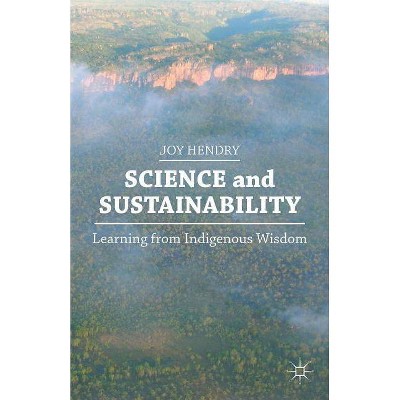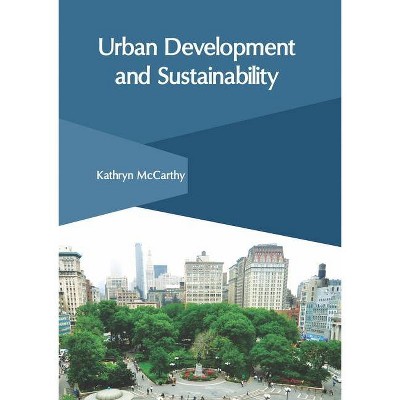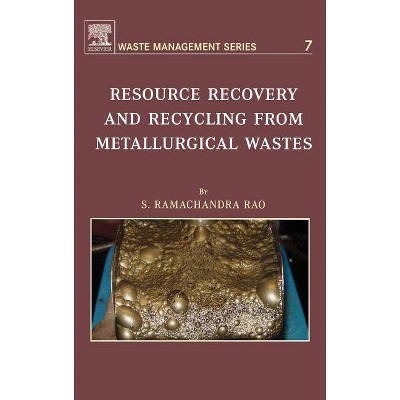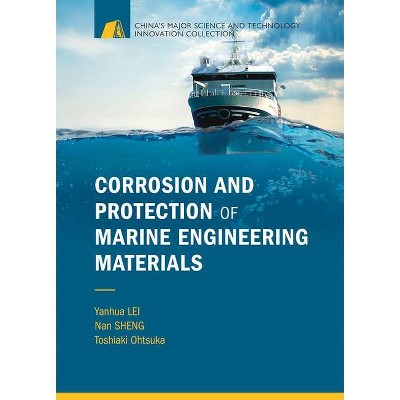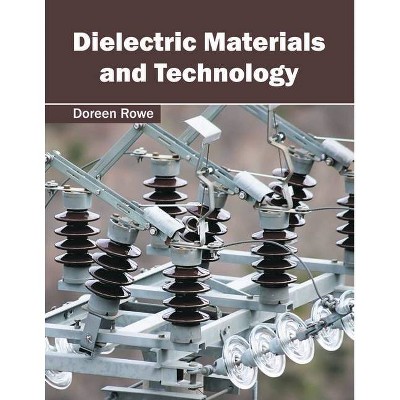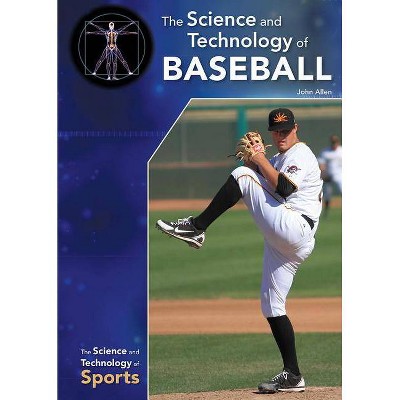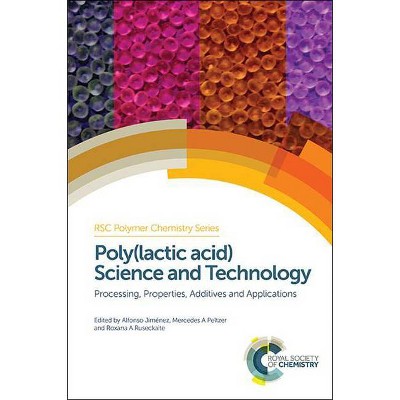Recovery of Materials and Energy from Urban Wastes - (Encyclopedia of Sustainability Science and Technology) (Hardcover)

Similar Products
Products of same category from the store
AllProduct info
<p/><br></br><p><b> Book Synopsis </b></p></br></br>This volume in the <i>Encyclopedia of Sustainability Science and Technolog</i>y, Second edition, provides a comprehensive overview of complementary strategies for dealing with waste in and around urban areas: Waste-to-energy power plants (WTEs) and recycling. Chapters in this volume describe how these plants can be built within or near cities to transform the non-recycled residues of society into electricity and heat, and the recovery of metals using recycling technology and management techniques. The latter includes resource recovery from construction and demolition and electronic waste streams. <br>With nearly one thousand WTE plants worldwide, waste incineration has become increasingly important as a means of closing the materials life- cycle loop. China leads in the beneficial use of these residues with about 30 new WTEs built in each of the last three years, and with plans for at least another 300 with one or more in each large city. In addition, increasing numbers of cement plants use "waste" materials as alternative fuels. Since currently all of these plants combust less than 20% of the available wastes, and the remainder ends up in landfills or dumps, this sector represents a huge market in the making.This comprehensive reference is suitable for readers just entering the field, but also offers new insights for advanced researchers, industry experts, and decision makers.<p/><br></br><p><b> From the Back Cover </b></p></br></br>This volume in the Encyclopedia of Sustainability Science and Technology, Second edition, provides a comprehensive overview of complementary strategies for dealing with waste in and around urban areas: Waste-to-energy power plants (WTEs) and recycling. Chapters in this volume describe how these plants can be built within or near cities to transform the non-recycled residues of society into electricity and heat, and the recovery of metals using recycling technology and management techniques. The latter includes resource recovery from construction and demolition and electronic waste streams. <br>With nearly one thousand WTE plants worldwide, waste incineration has become increasingly important as a means of closing the materials life- cycle loop. China leads in the beneficial use of these residues with about 30 new WTEs built in each of the last three years, and with plans for at least another 300 with one or more in each large city. In addition, increasing numbers of cement plants use "waste" materials as alternative fuels. Since currently all of these plants combust less than 20% of the available wastes, and the remainder ends up in landfills or dumps, this sector represents a huge market in the making.This comprehensive reference is suitable for readers just entering the field, but also offers new insights for advanced researchers, industry experts, and decision makers.<p/><br></br><p><b> About the Author </b></p></br></br><b>Nickolas J. Themelis</b> Earth and Environmental Engineering, Columbia University, New York City, NY, USA<br><p>Dr. Themelis obtained his B.Eng. (British Association Medal for Great Distinction) and Ph.D. degrees from McGill University (Montreal, Canada). In the first part of his career, he developed metallurgical processes for the extraction of copper and other metals, including his beingVice President of the Technology of Kennecott Corporation, the largest copper company in the world at that time. He</p> <p>joined Columbia University in 1980 where he was Chair of the School of Mines and later first Chair of the new Department of Earth and Environmental Engineering. He is Founder of Columbia's Earth Engineering Center and of the Global WTERT Council (GWC). Prof. Themelis is elected member of the US National Academy of Engineering and the coauthor of the waste management section in the 2014 International Panel for Climate Change (IPCC).</p><br><p><b>A. C. (Thanos) Bourtsalas</b> is Adjunct Assistant Professor at the Earth and Environmental Engineering Department of Columbia University, and he is Manager of the Earth Engineering Center-Columbia (WTERT, US).</p> <p>Dr. Bourtsalas graduated from the Earth and Environmental Engineering Department of Columbia University and did his Ph.D. at Imperial College London. He is involved in many advisory projects globally for the development of pre-feasibility and feasibility studies of integrated waste managements that achieve maximum, commercially viable, extraction and recycling of usable materials, combined with energy recovery from the remaining residual waste (Waste-to-Energy, WTE). He is the Principal Investigator for a project funded by the Columbia Global Centers and is related to the advancement of waste management in Latin America. He is Senior Advisor at an experts committee appointed and coordinated by the United Nations Economic Commission for Europe (UNECE) for the development of Guidelines on Public and Private Partnerships (PPP) forWaste to Energy projects. He was member of the technical advisory panel of Singapore's Environmental Protection Agency for the development of environmental guidelines for the beneficial utilization of Waste-to-Energy Bottom Ash. He is also a coauthor to the "Solid Waste" chapter of the Assessment Report on Climate Change and Cities (ARC3-2), developed by the Earth Institute of Columbia University and presented at the COP-21 in Paris.</p><br>
Price History
Price Archive shows prices from various stores, lets you see history and find the cheapest. There is no actual sale on the website. For all support, inquiry and suggestion messages communication@pricearchive.us
